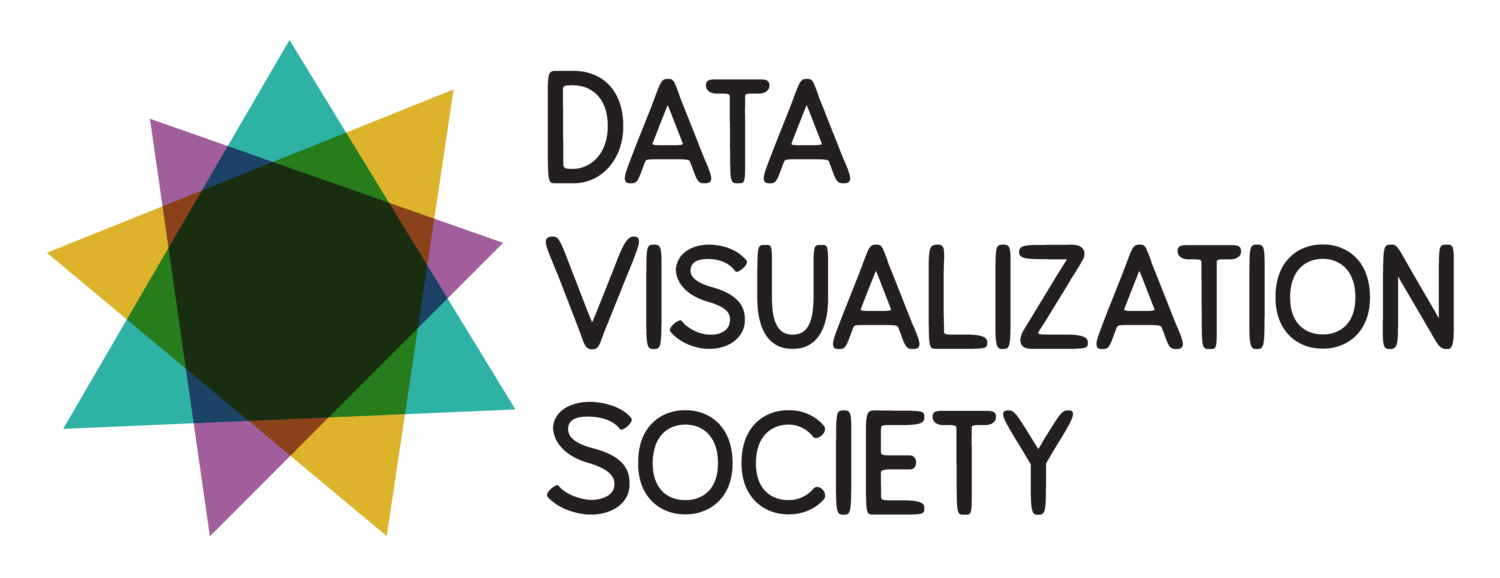Graphic of mentor and mentee looking excited.
Building Rapport in Mentorship
Tips and tricks for interacting with your mentor
Interacting with someone new for the first time can be intimidating - potentially if that person is someone whose work you’ve viewed or who you follow from a distance on social media! Even if you’ve met them once or twice, a mentorship experience is generally different than other settings, so consider these principles as you establish your professional relationship.
Respect. Your mentor has years of experience in the data visualization field and has volunteered their time to support you. Be attentive to their advice and guidance and be present during conversations so you can get the most out of the experience.
Courage. It is sometimes difficult to admit you don’t know how to do something and ask for help from a stranger. Be brave like you were when you signed up for this experience and continue to ask questions and try new things.
Open-Mindedness. Your mentor has experiences you do not (yet) have. You signed up for this program to learn from those experiences. We recommend that you try to learn as much as possible even if you feel like you already know how to do something your mentor is teaching you. You should ask questions about how and why your mentor chooses to work the way they do.
Here are a few ideas you can use to build rapport with your mentor.
Send an introductory email. It is okay (and encouraged!) for you to be the first person to reach out for introductions. Say hello, address them by their title (if they have one), and provide a 1-2 sentence introduction of yourself and how excited you are about the mentorship program. Offer to send a calendar invite for the first meeting and ask if they have a preference on day or time. You can keep this first email short and straightforward; you will have plenty of time to go into more detail about your journey and your hopes and dreams to grow your data visualization expertise.
Take responsibility for calendar invites. While you should wait to send a recurring meeting invite until after the first meeting, you can demonstrate your dedication to this experience by offering to add the meeting to your calendars on your agreed upon dates and times..
Come prepared to meetings. Some informal mentorship experiences do not require much preparation, but depending on the types of activities you and your mentor decide on, you might have some work to do outside of your meetings. At a minimum, you should propose an agenda for the meeting (you can even include this in your calendar invite ahead of time), review any documents provided by DVS or by your mentor, and prepare questions for the selected activity,
Take notes. While this is not a college class and there will (likely) not be a test at the end, it is still a good idea to note important concepts, instructions, or resources that come up during your conversation. You want to make the most out of your limited time with your mentor, and having repeat conversations may not be the most effective. Even if it is not feasible for you to take notes while you are working through a task and sharing a screen, we recommend that you take a few minutes after each meeting to summarize what you learned. While it may feel redundant to write everything down when it is still fresh in your mind, future you will appreciate some reminders on how to make that chart or select that color palette.
Express gratitude. Your mentor volunteered for this experience and indicated they would be willing to spend at least six hours with you. Even though it may feel implied that you are grateful for their time, find key times to explicitly say “thank you” and provide more specific feedback when you can, such as “I appreciate you showing me that example.”
Be specific yet flexible. You were paired with your mentor because it seemed like your goals aligned with their skills. In your early conversations, do not be afraid to be specific in the type of experience you’re looking for - helping someone “learn how to structure data to visualize in Excel” is clearer than teaching someone “more about data viz.” That being said, if your mentor has an idea about a process, skill, or tool you had not considered, you might still find value even if it is not exactly what you were hoping for.

